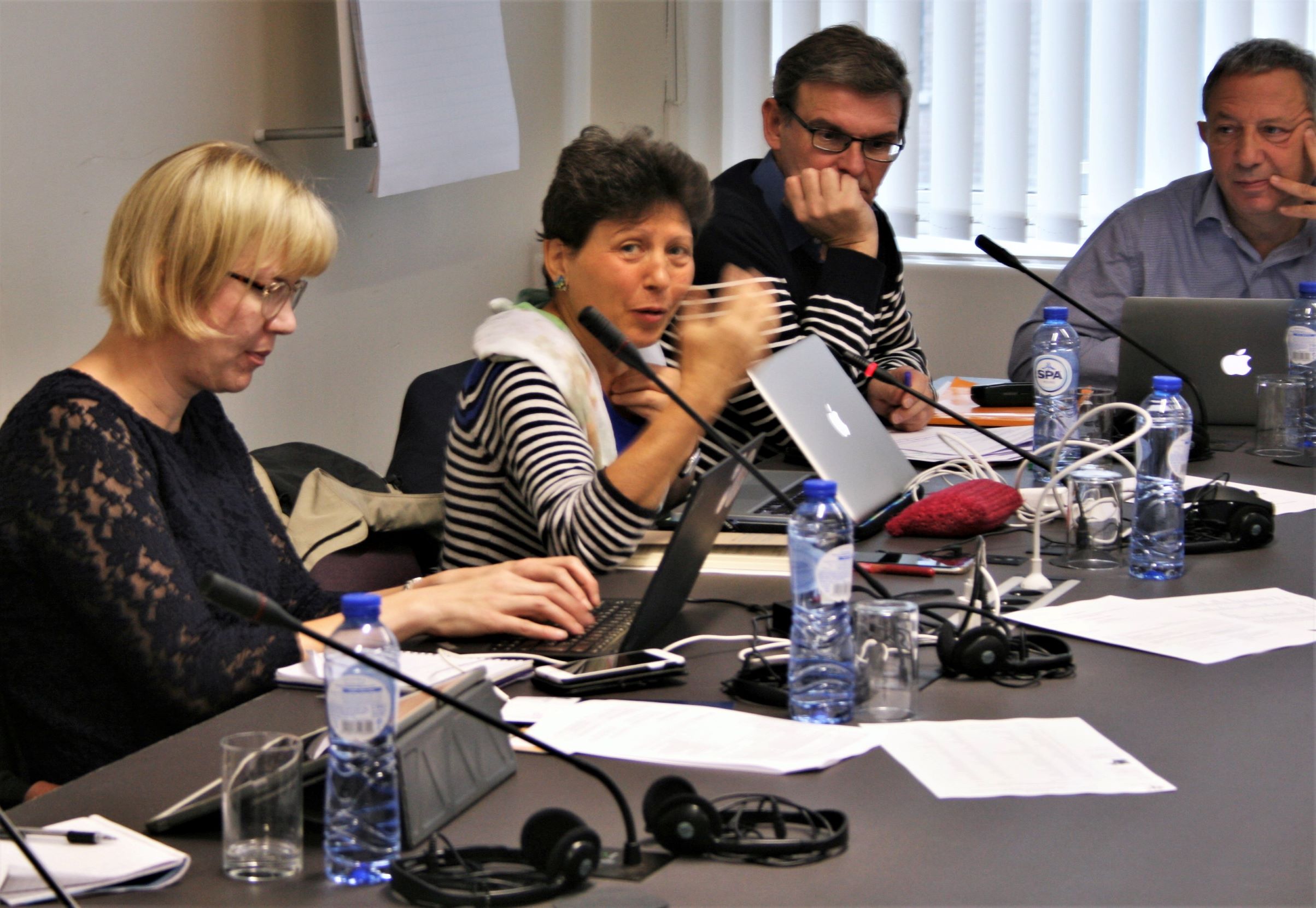Trade unions of higher education and research staff continue fight for academic freedom
Published:
This week 36 academics and union officials from 21 countries met in Brussels for the two-day meeting in the framework of the ETUCE’s Higher Education and Research Standing Committee (HERSC).
They addressed topics such as academic freedom, the European Universities Networks and the future of the Bologna Process.
One priority was catching up with international trade union work on higher education. For example, HERSC members discussed the future of the Bologna Process, a set of intergovernmental agreements on the coordination of higher education systems which covers 48 countries. They talked about ETUCE’s participation in the various working groups and set priorities for the next ten years.
An expert from the European Commission presented the new European Universities Networks, which provoked critical interest. HERSC members welcomed more international cooperation and mobility, but worried about the inclusiveness of the scheme for students, teachers and universities with less money. They called on the Commission to ensure that the universities involved in the alliances represent a fuller geographical balance. The projects could also be an opportunity to further support academic freedom, democratic decision making, freedom of teaching and research. The members asked the European Commission to protect the working conditions of the staff who will deliver the joint programmes created by the alliances of universities, and not to contribute to an increase in temporary positions. When there is mobility, HERSC members felt that grants should be portable and tuition fees should be taken into consideration if the European Commission supports the projects.
During the meeting, the HERSC received good news from the Turkish member. Turkish courts were in the process of acquitting hundreds of academics who had been accused of terrorism-related offences after signing a peace petition. The HERSC sent a message of solidarity to colleagues in Turkey, and spent time analysing the state of academic freedom across Europe. The extreme example of oppression in Turkey stood in contrast to more subtle constraints in updates on academic freedom and precarious employment from the UK, Norway and Latvia. HERSC members agreed that it is vital to stand together in defence of academic freedom in all countries, which also means fighting for stable employment. We must not ignore the creeping dangers for free thought and speech inherent in marketisation and precarious employment.
